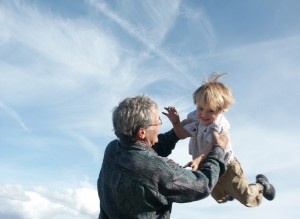 Spring is around the corner and so are the scooters, skateboards and bikes that young children often love to play with as the weather warms. As children spend more time outside and do more physical activities, it is important to take safety precautions to prevent toddler head injury. At TryMunity, our goal is to educate about and support those affected by head injury.
Spring is around the corner and so are the scooters, skateboards and bikes that young children often love to play with as the weather warms. As children spend more time outside and do more physical activities, it is important to take safety precautions to prevent toddler head injury. At TryMunity, our goal is to educate about and support those affected by head injury.
Helmet Safety
Children are never too young for helmets. Whether they are riding a tricycle or pushing a scooter, young children need to wear a helmet. Toddlers may be at an even greater risk of head injury because they lack some of the motor coordination and strength that older children have. Some activities that require a helmet include:
- Horseback riding
- Biking
- Skateboarding
- Scooter riding
- Rollerblading
Helmet safety also includes wearing a helmet properly. Ensuring a snug fit and secure chin straps helps to prevent a toddler head injury if a fall occurs.
Age-Appropriate Activities
Another toddler head injury prevention measure is to provide young children with activities that are age appropriate. Getting young children involved with activities that are designed for older children (e.g. playing on more advanced playground equipment, riding a motorized bike or scooter, etc.) could put them at risk for accidents.
Head injuries in children can be prevented. By taking a few simple safety precautions, the risks for head injures associated with physical play and activities can be managed. To learn more about head injuries or to join our TryMunity online social community, please visit our website at community.trymunity.com.


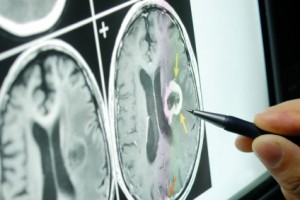
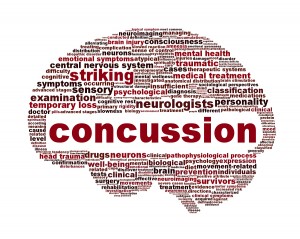 If you or a loved one has suffered from a
If you or a loved one has suffered from a  Injuries of any kind can be scary and life-altering. Brain injuries are no different, and sometimes have an even greater negative effect. The brain is a critical and sensitive organ in the body which is primarily responsible for other bodily functions and movements. Active children and teens may be at a greater risk for
Injuries of any kind can be scary and life-altering. Brain injuries are no different, and sometimes have an even greater negative effect. The brain is a critical and sensitive organ in the body which is primarily responsible for other bodily functions and movements. Active children and teens may be at a greater risk for  Most skiing and snowboarding enthusiasts are trained to wear a helmet when hitting the slopes. However, experts are now questioning whether a protective piece of plastic is sufficient in preventing snow lovers from obtaining head trauma, including
Most skiing and snowboarding enthusiasts are trained to wear a helmet when hitting the slopes. However, experts are now questioning whether a protective piece of plastic is sufficient in preventing snow lovers from obtaining head trauma, including 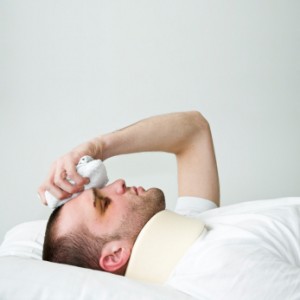 If you believe that you or someone you know is suffering from a
If you believe that you or someone you know is suffering from a  Brain injuries can take on a number of forms, and they affect everyone differently. If someone you know and love suffers from a
Brain injuries can take on a number of forms, and they affect everyone differently. If someone you know and love suffers from a 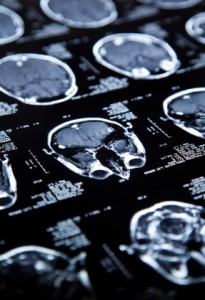
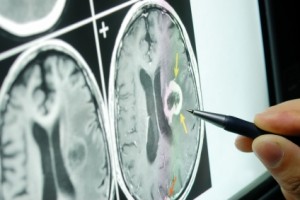 Unfortunately, it is only recently that the true extent of the effects of a
Unfortunately, it is only recently that the true extent of the effects of a 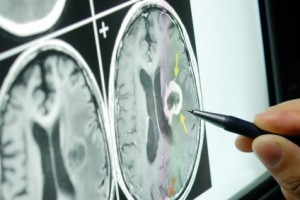 Most people would agree that the human brain is one of the most important organs in the body. It is the brain that gives each person his or her own unique personality as well as controls how the rest of the body functions. When a person experiences a
Most people would agree that the human brain is one of the most important organs in the body. It is the brain that gives each person his or her own unique personality as well as controls how the rest of the body functions. When a person experiences a 
